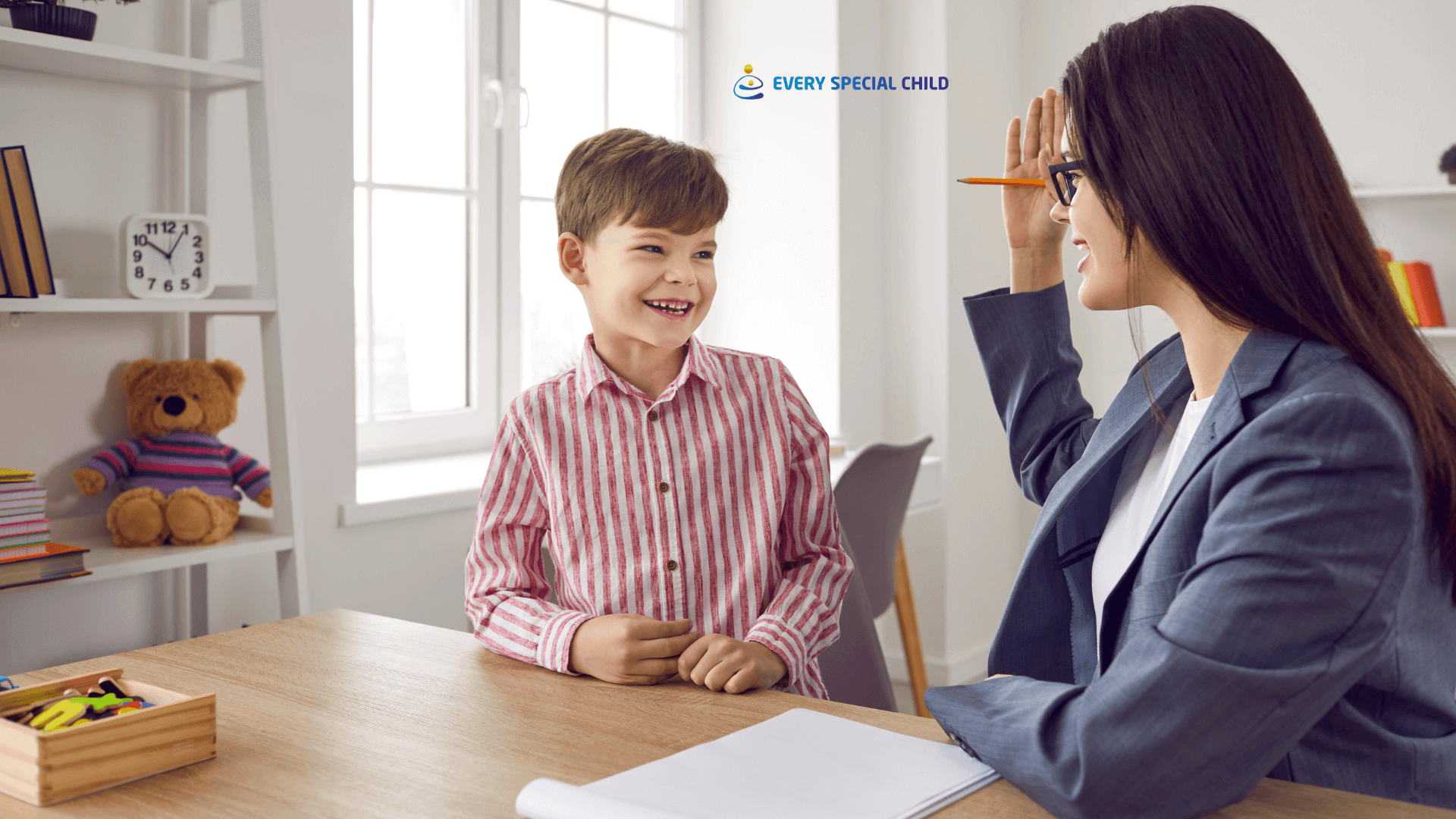
School Psychologist in Education Ever wondered who helps students beyond just academics? That’s where school psychologists come in. They play a crucial role in shaping not just the educational journey of students but also their emotional well-being and mental health. In short, they’re the bridge between learning, behaviour, and mental wellness. Apply Now
School Psychologist in Education is a specialised field that blends psychology with education. Unlike clinical psychologists who focus mainly on therapy, school psychologists work directly within schools, addressing challenges that interfere with learning and social development. Read another article.
The role isn’t limited to “fixing problems”. School psychologists assess, guide, support, and advocate for students. Their core responsibilities include:
Mental health is a foundation for learning. School psychologists:
School Psychologist in Education Assessments help uncover hidden challenges. They may test academic skills, analyse behaviour patterns, or conduct evaluations for special education eligibility. These insights guide teachers and parents in supporting the child better.
School Psychologist in Education don’t work alone. They often sit down with teachers to suggest classroom strategies or meet parents to discuss progress. Together, they create tailored support systems like Individualised Education Programs (IEPs). See More
Interventions may range from academic support (like improving reading skills) to behavioural plans for managing attention or emotional regulation. In crises, such as a sudden loss or school violence, they provide immediate psychological first aid.
From dyslexia to ADHD, learning disabilities can hinder a child’s success. School psychologists help identify these challenges and create personalised strategies to support students, ensuring they don’t fall through the cracks.
When emergencies strike, school psychologists step up. Whether it’s a natural disaster, bullying incident, or tragic event, they offer guidance and emotional support to help students recover and feel safe again.
A big part of their role is ensuring every child has equal access to education. They also work hard to fight the stigma around mental health, encouraging open conversations.
Special education often requires collaboration. School psychologists assist in creating IEPs, ensuring students with disabilities get the right resources and accommodations.
They foster inclusivity, promote kindness, and help reduce bullying. A positive school environment is not just about grades—it’s about belonging, and school psychologists make sure no student feels left out.
To be effective, they need empathy, patience, and strong problem-solving skills. They must also communicate clearly with teachers, students, and families.
Becoming a school psychologist requires advanced degrees, typically a specialist or doctoral level in school psychology. Training includes child development, mental health, and educational assessments. Continuous learning keeps them updated with the latest practices.
Post-pandemic, the demand for school psychologists has skyrocketed. With technology enabling tele-counselling, their reach has expanded. The future of school psychology lies in balancing in-person support with digital accessibility.